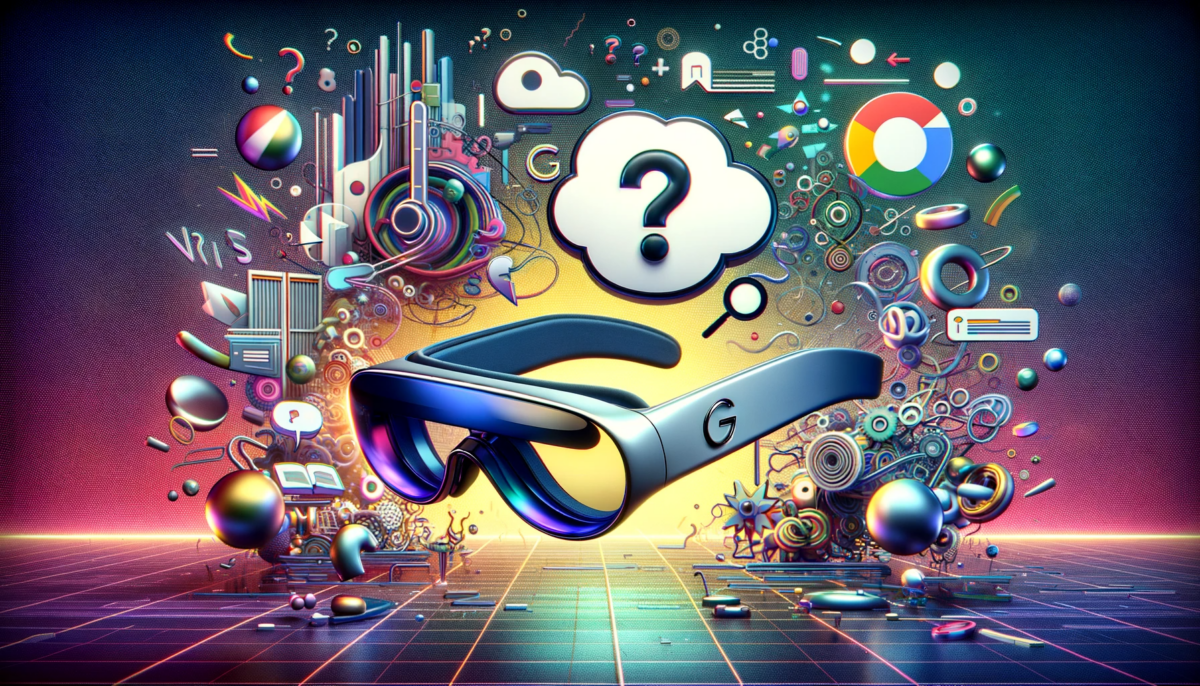
DALL-E 3, driven by MIXED
Paul Greco's departure from Google raises questions about the technology giant's ability to achieve its ambitions in the field of augmented reality.
facts
Google's augmented reality team has suffered another loss with the departure of Paul Greco, vice president of engineering. A company spokesperson confirmed that Greco has left Google to pursue a new role. However, the spokesman refused to comment on the details of Greco's departure.
Context
Google's augmented reality hardware development is chaotic
Google's efforts to develop augmented reality hardware have been mired in chaos and indecision. A report from last year cited seven current and former employees as aware of Google's augmented reality plans. It paints a picture of a company struggling with strategy changes, canceled projects and high-profile departures.
Google's interest in AR hardware has focused on two types of devices: a thin pair of AR glasses (known as “Project Iris” until 2023) and a mixed reality headset similar to Apple's Vision Pro (known as “Project Moohan”). However, developing these devices has been fraught with difficulties, including technical hurdles, strategic changes, and the departure of key personnel.
In early 2022, Google reportedly halted Project Iris and development of its own augmented reality chips. This was followed by the departure of Clay Bowvor, Google's long-time XR lead, which was said to have thrown the AR division into disarray. Mark Lukowski, who led the development of Google's augmented reality operating system, has also left the company, citing Google's “unconfirmed commitment and vision” in the augmented reality space.
Despite these setbacks, Google is not giving up its ambitions in the field of augmented reality. The company has formed a new team to work on AR monoculars and binoculars as well as the corresponding operating system, which Google wants to license to partners in a similar way to Android. Google is said to still be working with Samsung on the XR headset.
opinion
Doubts about Google's competitive ability in the augmented reality sector
Google's difficulties in developing augmented reality devices indicate the challenges facing technology companies in this area. The departure of key players like Paul Greco further underscores these challenges and raises questions about Google's ability to effectively execute its AR strategy.
Google's apparent inability to pursue a consistent AR strategy could cost the tech giant dearly. Frequent changes in strategy and cancellation of projects indicate a lack of direction. This will likely impact the company's ability to compete with companies like Apple, which is taking a more targeted approach to augmented reality.

“Prone to fits of apathy. Zombie ninja. Entrepreneur. Organizer. Evil travel aficionado. Coffee practitioner. Beer lover.”





More Stories
Pokémon Go Hyperbonus Raid Day with Mega Lucario – Here’s What You Need to Know
Researcher warns of fire in space – “one of the most dangerous scenarios in space travel”
Gamescom 2024: Asus partners with Webedia